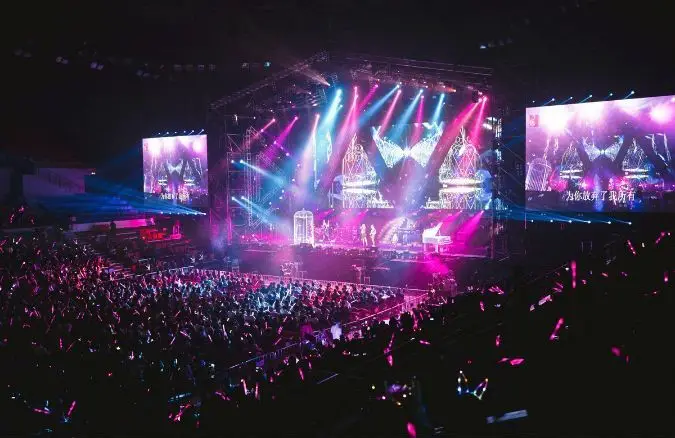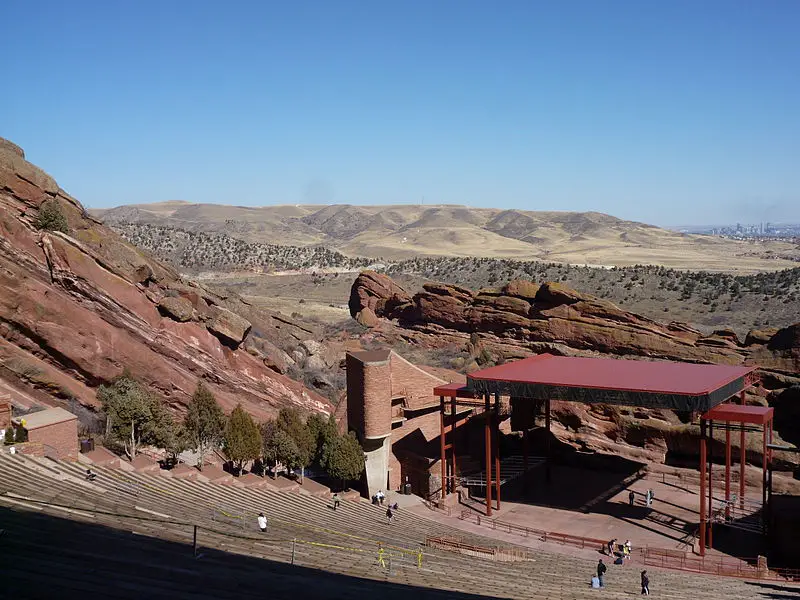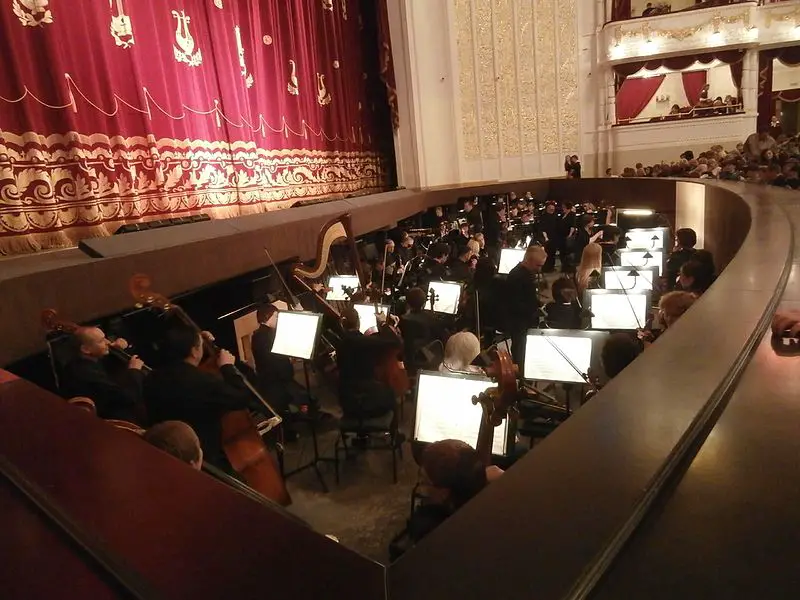
Going to a concert is, for many, something that is a hallmark event that will bring lifelong great memories. But nothing will ruin the occasion faster than blundered logistics, which of course includes stressing over timing and being late. So how early should you arrive to a concert so that you can keep things as worry free as possible and focus on enjoying the moment? That’s exactly what we’re going to discuss in this article.
How Early to Get to a Concert Can Really Depend on The Specific Event
There are a variety of factors that can make one concert completely different than another, or even the same concert quite different for two separate people attending. This includes but is not limited to the following:
What kind of show is it?
Arriving and getting situated at a smaller venue with a local band is going to be a lot quicker than it will be going to see Taylor Swift at a stadium for example, no matter how organized and efficient the latter might be.
What band is playing?
Some bands are notorious for having loosely organized and casual shows that start fashionably late, whereas others are known for being quite punctual and professional.
Where’s the show located, and what’s the venue like?
Some venues make logistics and timing easier than others, for a variety of reasons. Some newer stadiums are specifically designed to get people in and out as efficiently as possible, whereas some older or more novelty venues aren’t so well suited for that.

Image credit: livit
What type of ticket do you have?
If you have a ticket with an assigned seat, you might be able to get away with arriving a few minutes before the curtains open. But if your ticket is only for general admission into a standing area, or there are no tickets for the show period, than you might need to arrive an hour or even much more ahead of time, depending on how good of a spot you’re hoping to get.
Is there an opening act to a headliner?
If you don’t care about missing some or all of an opener, then it’s perfectly fine to plan to arrive somewhat after the official start time.
How Early Should You Get to a Concert With Assigned Seats?
Assigned seating means that your ticket is tied to a specific seat number at the venue and you thus have a guaranteed spot. Even though you can theoretically walk right to your chair, it’s still good to get there at least 15-30 minutes early because it still takes time to find parking, get ticketed people through the doors, hit up the merch station, get a drink or use the bathroom beforehand, etc.
How Early Should You Show Up to a General Admission Concert (Or With a General Admission Ticket)?
There are a lot of different potential sub-sections/types of general admission for concerts, but “general admission” basically means that there’s no assigned seating, or that your ticket doesn’t come with your own assigned seat, which means you don’t have a guaranteed/dedicated spot.
The general consensus is that if you arrive 1-2 hours early you’ll be able to secure a reasonably good spot, where you can see the action and the sound staging is decent. That said, you might actually need to get there a lot earlier depending on what general admission “section” of the venue you’re hoping to get into, and how close to the stage you want to get. Let’s talk about some common scenarios:
How Early Should You Get to a Concert for the Pit (Or With a Pit Ticket)?
The “pit” section of a venue is historically where the orchestra would sit and play, and is a bit sunken below the line of sight from the main floor.

Image credit: Pjotr Mahhonin
Nowadays though, most modern concerts don’t utilize a live orchestra in such a fashion, and venues will instead utilize the real estate by selling a number of so called “pit tickets” as a general admission subsection.
Because the pit is generally its own distinct section, it will usually have its own portion of dedicated tickets, which means the same 1-2 hour early arrival window more or less applies. That said, pits are generally smaller and sometimes harder to get a good line of sight in, so realistically it’s probably worth adding some extra time and maybe arriving 2-3 hours early if you want to get a really solid spot in the pit specifically.
How Early Should You Get to a Concert to Get a Front Row Spot on the Barricade?
The precious “barricade” in concert parlance is the spot that’s about as close as you can get to the performers, and where you might get to high five someone like Haley Williams in the video above.
Getting barricade is a different ballgame that requires planning and dedication. Some venues will officially open the line in the morning, but not before then, while for other more popular concerts/bands, it’s not unheard of to have to actually camp out in line for 24-48 hours, maybe even more, to get one of the usually first come first serve barricade spots.
If you want a shot at barricade, plan to do research on the venue’s rules for lining up and come prepared with any supplies you’ll need to wait in line for at least several hours.
Can You Be Late to a Concert and Still Enter?
Usually yes, it’s OK to arrive late to a concert and you’ll still be able to get in just fine. If you have an assigned seat ticket and don’t care about missing an opening act it’s not unreasonable or at all a faux pas to get to a show 30 or more minutes “late.” With general admission, however, it’s definitely riskier, and you’ll probably be relegated to a bad corner or something when you do get in.
There are some cases with more traditional shows like classical concerts or operas where it’s somewhat frowned upon to come in late because it can distract from the calmer ambiance. They might not let you in until there’s a song/act break or an intermission, and it’s not unheard of for a venue to sometimes not let anyone in at all after a certain point, even if they have a ticket, but in those cases there should be a prominent “doors close permanently at XX:XX” warning on the ticket.
